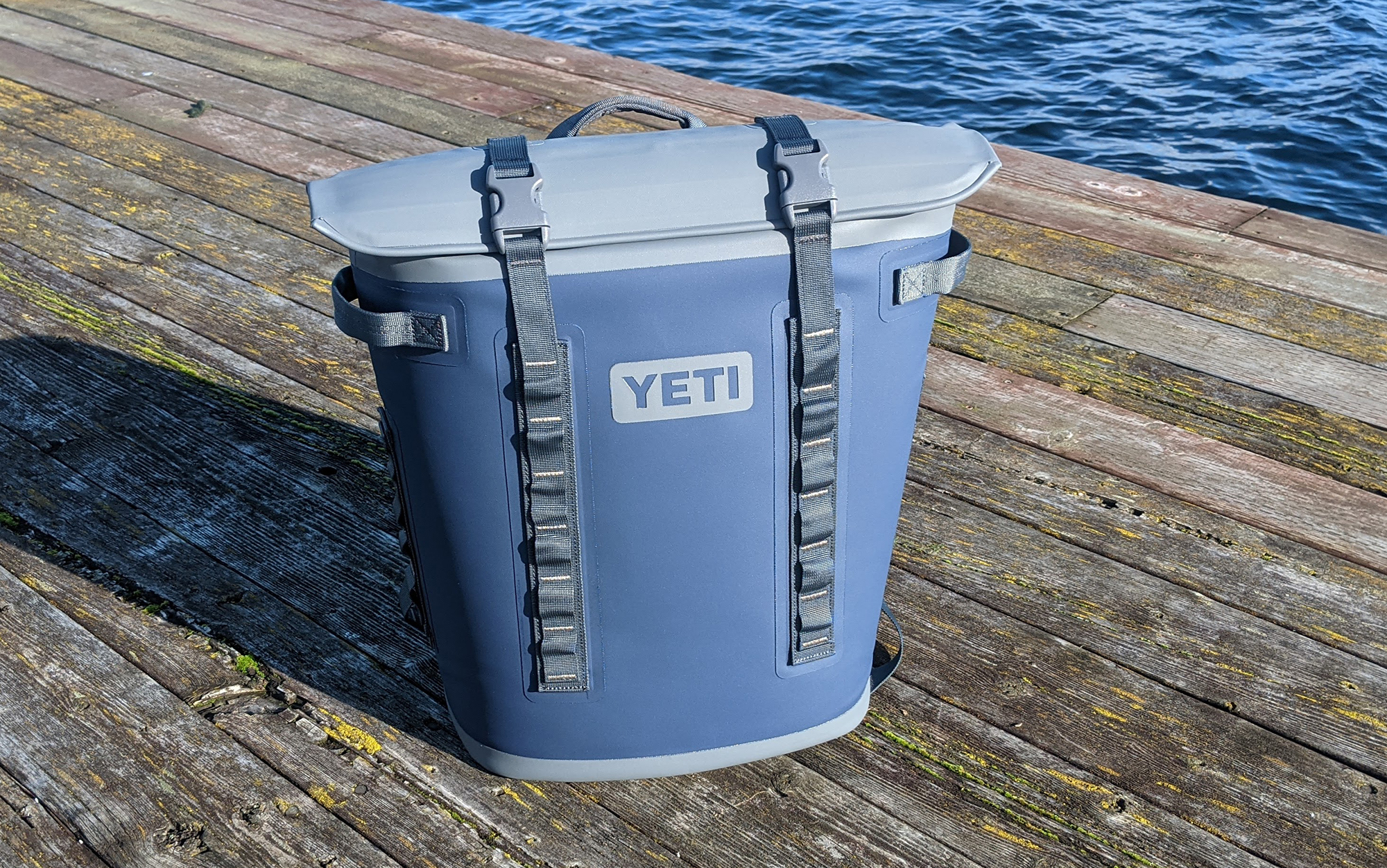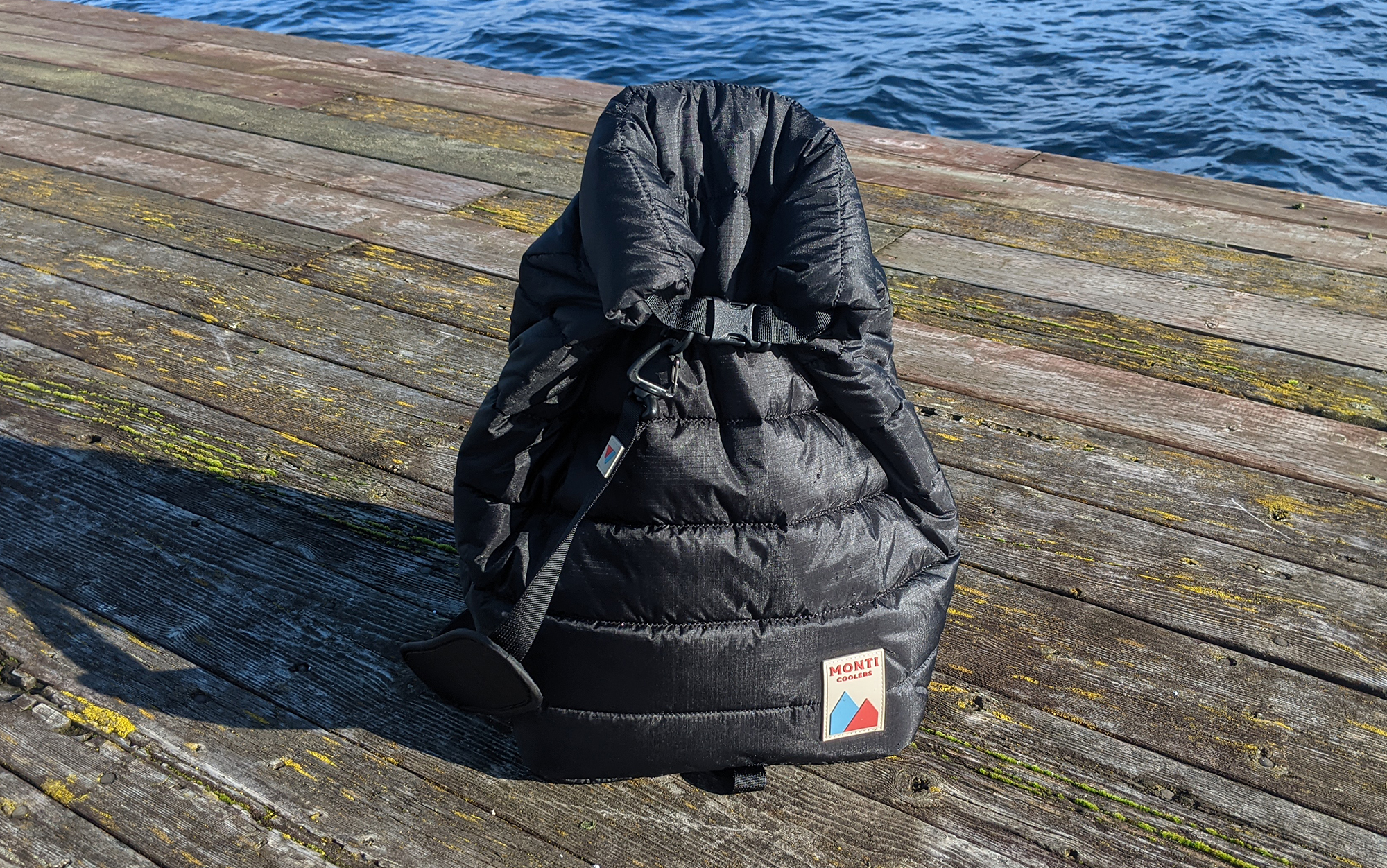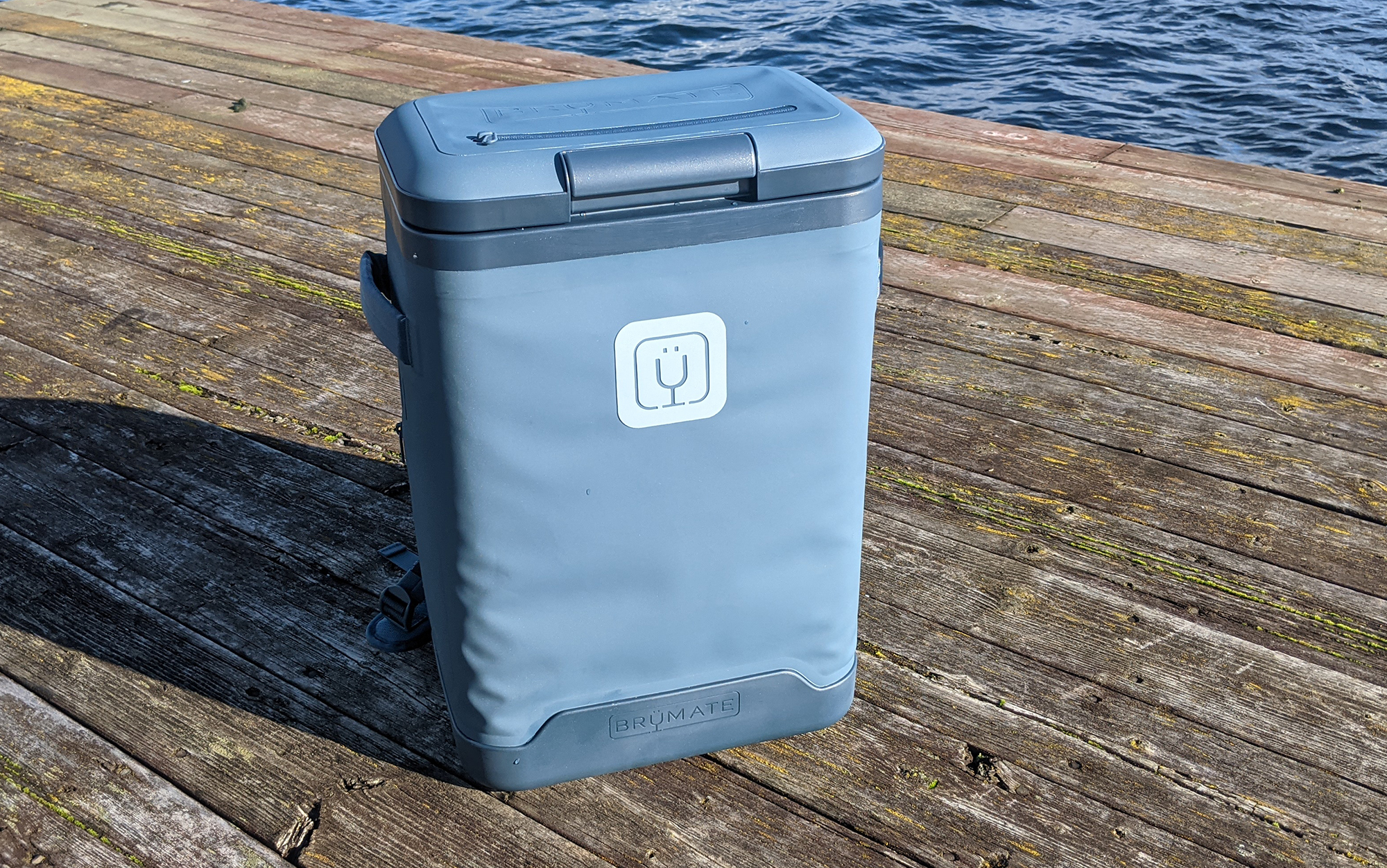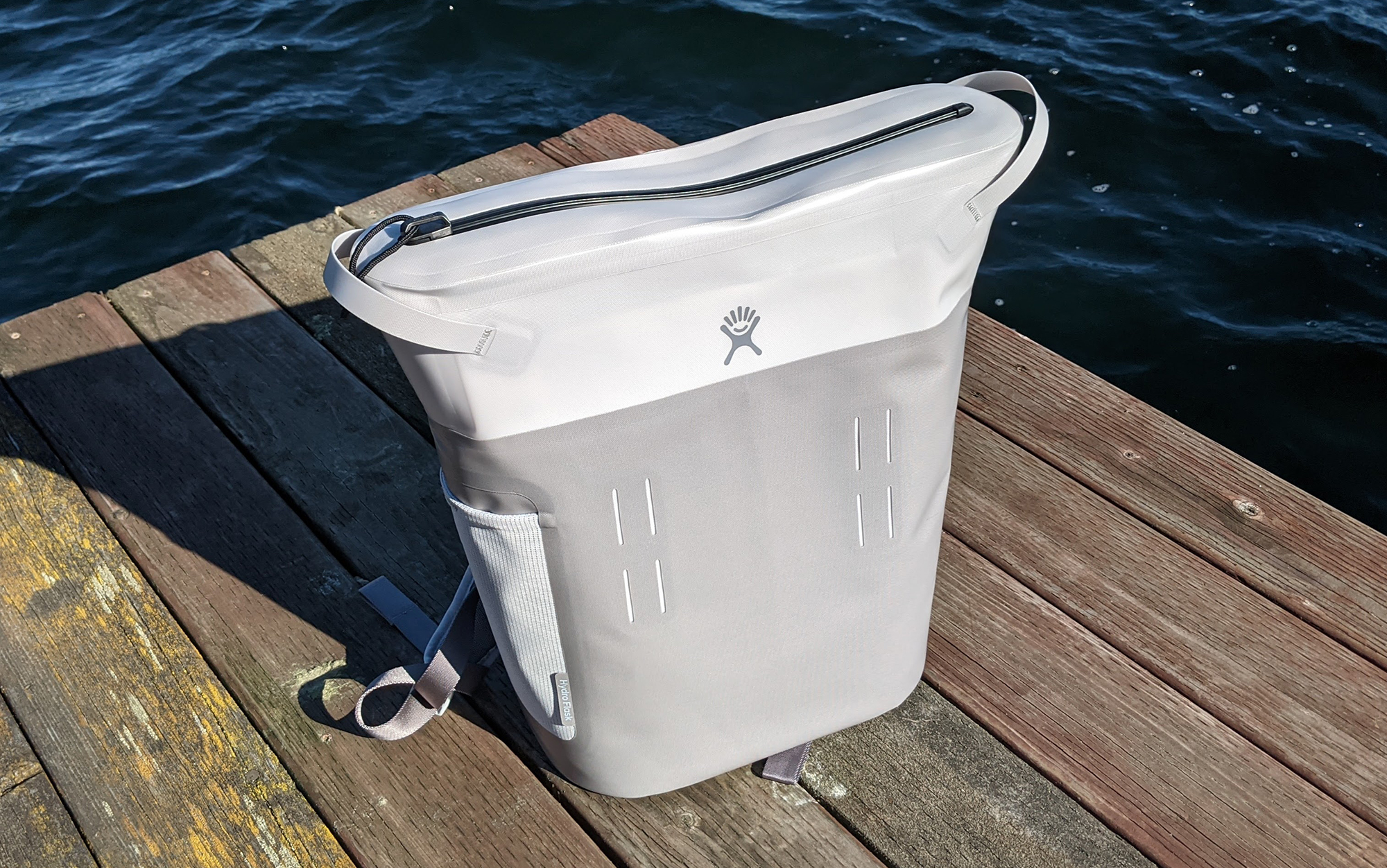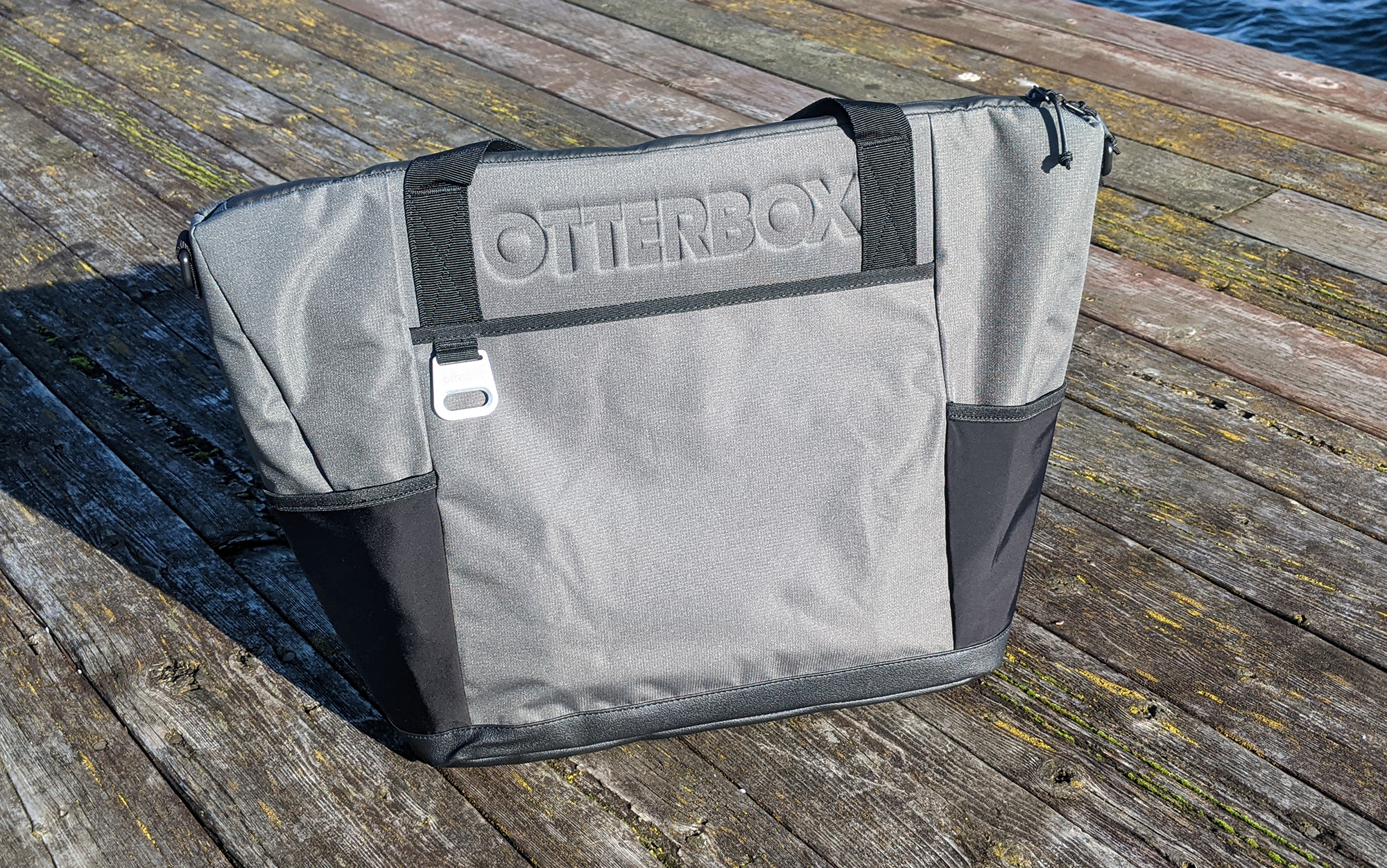We may earn revenue from the products available on this page and participate in affiliate programs. Learn More ›
Whether you’re driving out to deer camp or picnicking on the beach, a great soft cooler can elevate your experience. But the performance of these coolers can vary, from leaky messes to approaching the insulation capacity of the best hard-sided coolers. To help you find the best soft cooler for your needs, I put 13 soft coolers through their paces across two separate tests to find the ones that were actually worth the money.
How I Tested the Best Soft Coolers
I tested a number of soft coolers as part of my test of the best small coolers. So to deepen my test of the best soft coolers, I called in seven new options, including from three brands I had never tested before, and applied the same testing protocol. I looked at how comfortable or difficult each was to carry, the quality and ease of use of the latching mechanism, overall waterproofness and the waterproofness of the latching mechanism. Then, I tested to see how many hours it would take 7 pounds of ice to fully melt. Finally, I looked at weight, capacity, and packed size to assess which provided the best value overall to consumers.
Best Soft Coolers: Reviews & Recommendations
Best Overall: Orca Wanderer Tote
Key Features
- Price: $225
- Capacity: 15 liters
- Ice Melt Test: 60 hours
Pros
- Great ice retention
- Easy to use latch
- Waterproof
- Fun color options
Cons
- Doesn’t pack down
- Slightly less capacity than other models I looked at
The Orca Wanderer Tote was the cooler that ticked all the boxes during testing. It had excellent ice retention, coming in a close second to the Brumate MagPack. It took 60 hours for 7 pounds of ice to completely melt at room temperature (68 to 72 degrees). That kind of performance tells me that not only is this cooler going to keep everything cold for your day at the beach, it’s also equipped for a weekend car camping getaway. That’s impressive for a soft cooler.
But the ice retention wasn’t the only thing I loved about the Orca Wanderer Tote. I was very impressed by the latching system. Along with the Yeti Hopper M20, these were the easiest latches to use in my test, which is important when you’ve got other people going in and out of your cooler all day: The easier the latch, the more likely people will use it. Even better, when latched, this cooler was fully waterproof. While this cooler doesn’t pack down at all, and wasn’t as comfortable to carry as other soft coolers I looked at, it’s still miles better than a traditional hard-sided cooler. If you’re looking for a soft-sided cooler to round out your hot-weather arsenal, the Orca Wanderer Tote should go to the top of your list.
Best Backpack: Yeti Hopper M20
Key Features
- Price: $325
- Capacity: 20 liters
- Ice Melt Test: 55 hours
Pros
- Great ice retention
- Excellent latch
- Waterproof
Cons
Like with so many of their products, Yeti nailed nearly all the details on their Hopper M20 Backpack cooler, but at a cost. This one was over three times the price of my best budget pick, and $100 more than my best overall pick.
Ice retention was excellent with the Yeti Hopper M20 backpack, tying for third in my test with the Monti Shasta. It also has an unusually excellent latching system. There are two buckles to tie down the roll-top opening for waterproof transport. But when you’re at the beach and your friends are going in and out of the cooler for brews, you won’t have to worry that they forgot to close the cooler, because there is a magnetic closure that is super effective, closing securely with the slightest effort. Check and check. Because this is a backpack cooler, it is more comfortable to carry than the Orca Wanderer Tote—my only ding here is that the backpack straps themselves are fairly stiff, so it is less comfortable to carry than the HydroFlask Day Escape.
Most Packable: Monti Shasta
Key Features
- Price: $144
- Capacity: 23 liters
- Ice Melt Test: 55 hours
Pros
- Packs down very small
- Great ice retention
- Affordably priced
Cons
- Prone to condensation (although otherwise waterproof)
- Lack of structure means it’s easier to tip over and can have knobby bits when fully packed
If you’re looking for a soft cooler to save on space, then the Monti Shasta is the cooler for you. The exterior pocket doubles as a stuff sack for the rest of the cooler, which reduces the size down to 9 by 8 inches. Prior to testing I guessed this would negatively impact its performance in the ice retention test: not so. It was tied with the Yeti Hopper M20, taking 55 hours for 7 pounds of ice to melt. Even better: You have the option to use the rolltop to squeeze the excess air out of the cooler when in transit, which should up its performance even more. This is a great, space-saving cooler with a unique design at a good price.
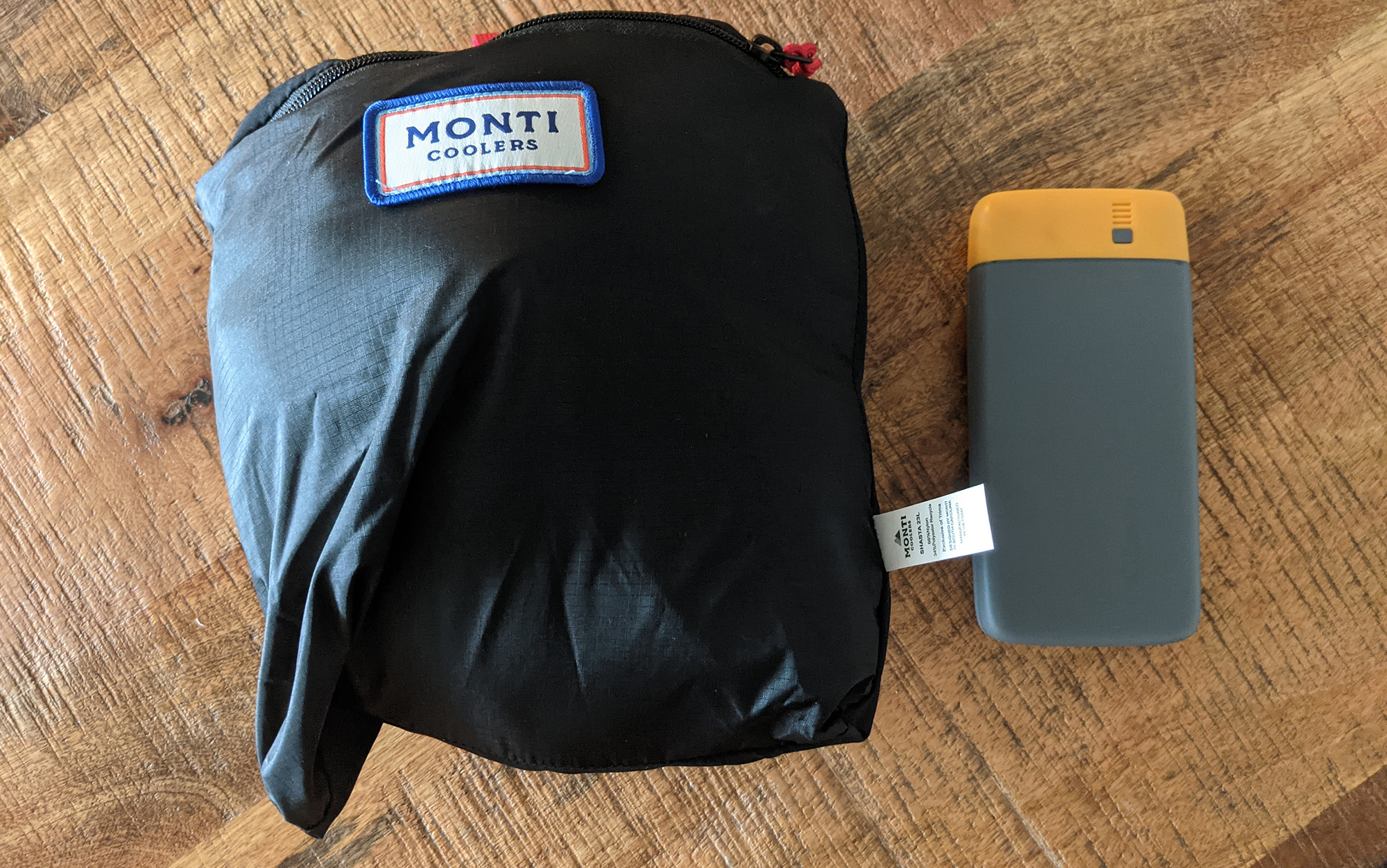
After the first day of testing, I noticed some moisture on the exterior of the Monti Shasta. At first I thought it was leaking, but the limited amount of wetness over the course of two and a half days of testing suggests this was something else: condensation, a lot of condensation. Once you figure out what’s going on, it’s not a problem, but expect there to be a small wet spot wherever this cooler is sitting. Though, during testing, the zip and roll-top closure proved to be completely waterproof. It’s also worth noting that due to its design, this cooler doesn’t have the structure of the other options in this story. It sits upright just fine, but will be more prone to tipping.
Best Ice Retention: Brumate MagPack
Key Features
- Price: $275
- Capacity: 20 liters
- Ice Melt Test: 62 hours
Pros
- Best-in-class ice retention
- Comfortable carry
Cons
- Latch is difficult to use
- Doesn’t pack down
- On the expensive side
If what you want is the cooler that will keep your drinks the coldest the longest, then go for the Brumate MagPack. It held ice longer than anything else I looked at, over two a half days. It was also one of the most comfortable soft coolers to carry for longer distances. The issue with the Brumate MagPack is that the latching mechanism doesn’t work as intended. Like the Yeti Hopper M20, it uses magnets to help create a seal.
Unfortunately, during testing it was difficult to get the magnet to click properly. I found that if I closed it too lightly, the seal would be loose (affecting not only ice retention but also waterproofness). To get a good, strong seal I had to slam the lid down. That’s pretty annoying, and I don’t think it should be the case for a cooler at this price point. But its best-in-class ice retention is sure to turn heads as it’s starting to compete with the capabilities of rotomolded hard coolers.
Best Carry: HydroFlask Day Escape
Key Features
- Price: $200
- Capacity: 20 liters
- Ice Melt Test: 37 hours
Pros
- Very comfortable to carry
- Waterproof
Cons
- Narrow design makes it more difficult to access the bottom of the cooler
- Backpack straps are difficult to adjust
If you’re planning to travel more than a 100 yards with your cooler, you’ll start to notice all the ways in which they are awkward to carry: sharp corners, abrasive fabrics, unbalanced loads. Backpack coolers help to mitigate these issues by adding on the strap and support structure typically used on packs for day hikes. The Hydro Flask Day Escape was the easiest to carry of any soft cooler I looked at, with soft straps that held the load close to my back. Of course, as someone who has tested many of the best hiking daypacks, I have a few notes.
The straps were difficult to adjust, and the sternum strap was also located unusually high up — at its highest point, it was just below my neck and it only came down a couple of inches below that. But the light padding on the pack and straps helped to make up for the awkward parts of this backpack cooler, earning it top marks in comfort.
I also liked that the Hydro Flask Day Escape was fully waterproof, tipping easily in all directions without letting any moisture escape. Although if you work up a sweat on your day hike it’s never a bad idea to pour some of the runoff over your head.
Read Next: Best Backpack Coolers
Best Budget: Otterbox Tote Cooler
Key Features
- Price: $90
- Capacity: 29 liters
- Ice Melt Test: 44 hours
Pros
- Lightweight for its capacity
- Affordably priced
- Comes with an ice pack
Cons
- Not waterproof
- Ice melted faster than other options in my test
If you’re rolling your eyes at the idea of spending upwards of $200, even $300, for a soft cooler: I get it. It’s a lot of money for something that’s just meant to keep your brews chilled at a picnic. Fortunately, there’s this affordably priced option from Otterbox, which held ice for almost two days during testing. While it wasn’t anywhere near waterproof—along with the worst condensation in my test it also leaked out the zipper when tipped on its side—Otterbox includes a bonus ice pack in the purchase price.
The Rest of the Field
While I did like the Otterbox Backpack Cooler, which was reasonably comfortable, 7 pounds of ice melted faster inside than with the tote; the opposite of what you would expect from something with over a third less capacity.
I was curious to try the Engel HD20, which boasts a valve that lets you suck the air out of the insulation using a conventional vacuum. Theoretically, this would improve the performance of the insulation by reducing the potential for temperature transfer between the outside and inside of the cooler. However, even following this unusual step, this cooler did not perform at the level of the others.
The Decathlon Quechua Compact Fresh, HydroFlask Day Escape, RTIC Soft Pack 30, Snow Peak Soft Cooler 18, and Stoic 30-Can Heavy Duty were all tested in October of 2022, as part of my test of the best small coolers. As such, there may be some difference in conditions that in part accounts for the discrepancy in performance. However, all of these tests were conducted inside my home at room temperature, so they are not substantial differences. More likely is that the newer products coming out simply have superior insulation. Some outdoor gear categories are pretty stagnant, but coolers is one where there is noticeable innovation going on. However, even with that in mind, there are other reasons why I think this new batch of coolers (with the exception of the HydroFlask Day Escape) is superior to those that I previously tested.
Like the Orca Wanderer Tote and RTIC Soft Pack 30 are structured soft coolers that do not collapse. However, both of these coolers have aggressive zippers that are difficult to open and close. While the RovR TravelR comes in a significantly larger capacity, it also has a higher price point. The RTIC Soft Pack 30 is much more cost effective, and is worth considering if price is your main criteria.
The Snow Peak Soft Cooler 18 and Stoic 30-Can Heavy Duty both collapse down well, similar to the Otterbox coolers I looked at. However, neither of these options had waterproof zippers. The Otterbox coolers leak a little out of the gap between the two zipper sliders, but these other two coolers will gush water out of any place along the zipper.
The Decathlon Quechua Compact Fresh is one that has surprisingly good insulation and is fairly affordable. However, inexplicably, it isn’t waterproof at all. Look at this one if you know you will only ever use the best ice packs for coolers.
Things to Consider Before Buying a Soft Cooler
Purpose
What soft cooler is right for you depends largely on what you plan to do with it. Those looking for an easy grab-and-go option to store beverages or the best camping snacks will likely prefer the larger capacity of soft coolers while individuals that need to keep the brats chilled for an overnight camping trip should go with the better ice retention of a hard-sided cooler.
Ice Retention
Consider how much you need the cooler to hold, and how long you need it to stay cold for, as this will affect the amount of ice retention potential you need as well as the size of the cooler.
Latching Mechanism
Latching mechanisms need to thread a fine needle: be sufficiently airtight and watertight to prevent cold air or moisture from escaping out the seams while also being easy enough to use that you can trust friends and family (including children) to actually use it. A latch that is too difficult to pull or snap shut will inevitably be left open, reducing the overall efficiency of the cooler. In the above table, I’ve rated the functionality of each latching system to help you evaluate which cooler is right for your purposes.
FAQs
Soft coolers are a nice addition to your arsenal, allowing you to keep small amounts of food and beverages cold for a short period of time. There are times when you can’t fit (or be bothered with) a traditional hard-sided cooler, and don’t need the full-blown multi-day ice capacity, and this is where soft coolers shine.
The question is less can soft coolers hold ice, but are they waterproof? In my tests, some handled this better than others. The Decathlon Quechua Compact Fresh was the least waterproof option I looked at, but also states upfront that you shouldn’t use ice with it. However, there were others where the body of the soft cooler was waterproof, but not the zipper. Check for whether or not the manufacturer advertises a waterproof seal, latch, or zipper before making a final purchase.
In my tests, soft coolers stay cold for about three-quarters the time of a traditional hard cooler of the same size. A single bag of ice typically lasted a little over 36 hours. They do not match the performance of hard-sided coolers.
There is a surprising range of prices for soft coolers, from well under $100 to upwards of $300. Through testing I found that there was a range of quality and performance that sometimes, although not always, correlated to price.
Final Thoughts
There are a number of high-quality soft coolers on the market. This is a boon, but can also make choosing the right option for your needs complicated. I performed comparative side by side testing in two stages, summarized in the above table, so that you can narrow your choice on the factors that matter most to you.

